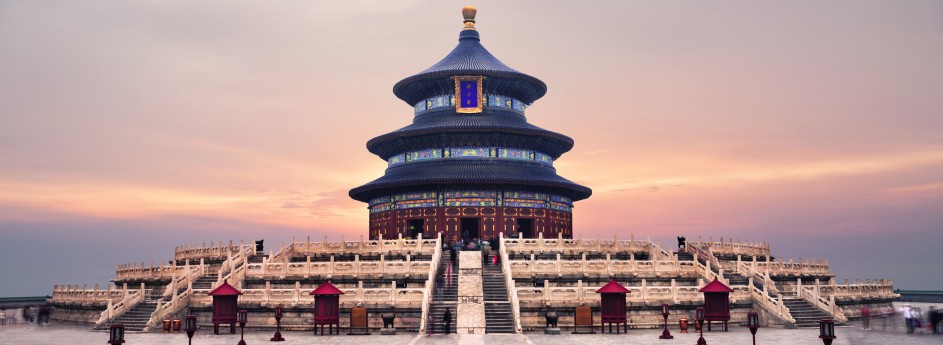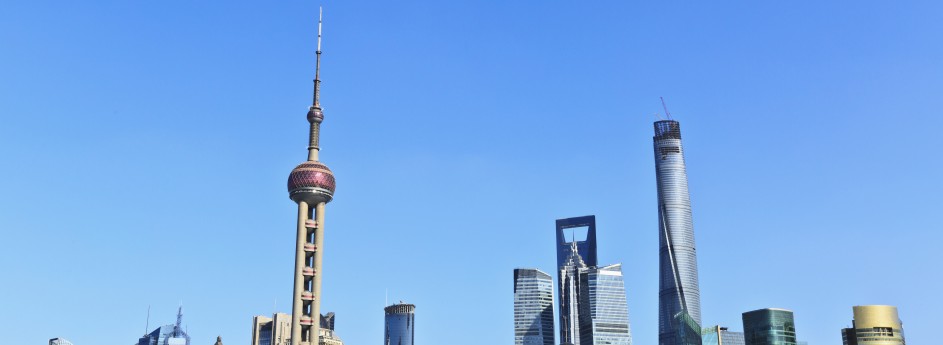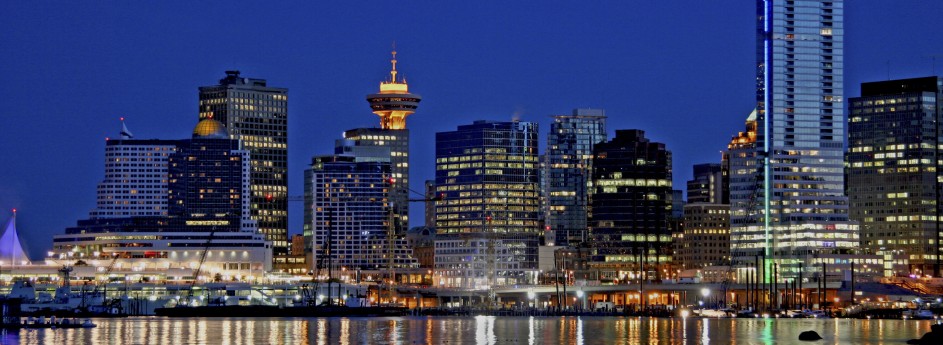A Wish-List for President Xi to Do
Virtually everyone in China is enamoured with President Xi’s anti-corruption campaign and the many reforms and initiatives he’s introduced/taken since taking office. Over the past little while, however, a list for wholesale reforms of China’s politics, economy and society that supposedly Xi endorsed and will gradually introduce over the course of his tenure has been pasted all over the Chinese language Internet in and outside of China.
Most on the list read like Canadian taxpayers’ rants against the government but others are downright funny, outrageous, ultra-nationalistic, and/or quintessentially Chinese. Some are simply pie-in-the-sky and constitute wishful thinking on the part of radical advocates of systemic reform. (The list is attributed to a World Chinese Forum and the translation is not verbatim.)
In this writer’s opinion, items 3, 7, 8, 14, 17, 19, 22 are entirely possible or slowly being implemented; 1, 2, 4, 5, 12, 13, 15, 18, 20, 21 can or should be achieved to varying degrees; 10, 11 are funny and ridiculous but understandable from a mainland Chinese perspective; 9 is a non-sequitur and too broad; and finally 6 and 16 are sheer nonsense or must never be carried out. For instance, No.16 – a major component of China’s soft-power involves foreign aid to developing countries so that policy will NEVER be terminated.
- Gradually funnel 50% of national state income toward people’s livelihood (welfare), cap the budget to below 20% and set strict limits on outlays
- Provide universal medicare and education
- Control inflation; greatly augment people’s income especially the lower rungs and raise the minimum wage substantially
- Reduce taxes to small and medium-sized enterprises (SMEs) and set 10,000 RMB (CAN$1873) as the baseline for personal income taxes
- Start dismantling monopolies, even state munitions factories; and eliminate all unreasonable fees issued by banks and telecoms
- Learn from Eastern Europe and begin privatization of state-owned enterprises (SOEs) and distribute shares to citizens; and stop state hoarding of hard currency
- Stop subsidizing/supporting the real estate market and totally reform the stock market
- Do away with the one-child policy and dismantle the Family Planning Commission
- Eliminate all special services and privileges
- Apart from core state institutions, no more stationing of guards in front of Party and government institutions
- Eliminate all song and dance troupes linked to state institutions and disperse the personnel
- Gradually stop the recruitment of public servants and reduce their numbers year by year. Eliminate all quasi-administrative departments in legislative, administrative, justice, and military institutions and terminate their budgets
- When appropriate, cut administrative levels from the current five to three – central, provincial and county (with all sub-county levels eliminated and people’s autonomy introduced)
- Make assets of officials public and provide the people with Internet access to the information
- Separate the treasuries of the Party and government
- Gradually terminate all foreign aid
- Create uniformity and equality in welfare systems across the country
- Gradually stop providing government cars to officials; all officials are to take buses or ride bicycles to work
- Institute a Anti-corruption Law to punish all graft takers (yet no punishment for bribe givers)
- Provide more freedom of speech, allow citizens to freely form media. Only with the right to supervise officials can corruption be thoroughly exposed
- Allow peasants to form peasant associations, workers independent unions, and allow autonomous and self-help organizations in all segments of economy and society
- Completely rejuvenate Chinese traditional culture and beliefs so the Chinese people can regain spiritual belonging
The item ends with: China has woken up and Xi Jinping shoulders the historical mission of fully awakening this lion. The next stage in China’s reforms is indeed arduous but observing Xi Jinping’s determination, the confidence and vigour of the Chinese people are once again revived.
Xi: Skilled and Successful Political Leader of 2014: Washington Post columnist
On PBS‘s Newhour, David Ignatius, Foreign Policy Columnist for the Washington Post voiced admiration for Chinese President Xi Jinping’s leadership in both domestic politics and foreign policy.
________
GWEN IFILL: David Ignatius, she mentions Vladimir Putin by name. Is there any other single leader who we should be the most concerned about, worried about, planning our foreign policy around?
DAVID IGNATIUS: I think we should pay special attention to the leader of China, President Xi Jinping, who would be on my list as the most skilled and successful political leader of the year.
Xi identified the biggest threats to the Communist Party’s rule in China as corruption and environmental pollution that Chinese are frightened about. And he went after both aggressively in 2014. He went after top party officials for corruption. And he signed a climate pact with President Obama in November.
GWEN IFILL: That nobody saw coming.
DAVID IGNATIUS: That nobody saw coming, but they should have because it was clear that Xi had made the decision, I have to show my people that I am acting on this issue that they fear is going to make China unsafe for them in the future.
So I am impressed by his skill and his aggressiveness, his boldness as a leader. We’re going to have to deal with him, maybe in good ways, cooperatively, maybe in more difficult ways.
Full transcripts and the podcast are available at: http://www.pbs.org/newshour/bb/2014-global-conflicts-challenges-will-carry-new-year/
N.W.T. Wants Chinese to Move There
Good luck with that!
While the effort is noble and Yellowknife surely needs more people, especially investor immigrants, I doubt if there’ll be many takers. Even winter-hardened rich Chinese from China’s frosty north and northeast will be hard pressed to emigrate to sub-Arctic territory. The immigration lawyer is right – mild Richmond wins hands down.
———–
N.W.T. Premier Bob McLeod is heading to China in January. In the past, he’s used the visits to promote investment in the territory’s furs, diamonds and untapped gas reserves. This year, he also wants to promote the N.W.T. as a place to live.
McLeod believes the N.W.T. has much to offer Chinese immigrants, “and many of those immigrants are focused on investment.”
“We’re interested in increasing the population of the Northwest Territories,” McLeod says. “Just think: thousands of people coming to the Northwest Territories investing significant amounts of money. That would be quite an improvement to our economy.”
Yellowknife business owner and Hong Kong native Angela Law says it’s about time the territory and Chinese recognize what the North has to offer. She runs Yellowknife Tours with her husband and daughter. Last year, they offered tours to more than 700 visitors, many of whom came from China.
Law says she doesn’t understand why most Chinese immigrants flock to Vancouver.
“Even if they are computer specialist, doctors, highly educated… they have no job,” Law says.
But immigration lawyer Raj Sharma says wealthy Chinese immigrants are looking for big city amenities — something the North doesn’t offer.
“If the N.W.T. wants to build its population, it will not need the affluent rich Chinese who will naturally gravitate to mainland Vancouver.”
Sharma says the N.W.T. would be better offer attracting temporary foreign workers and international students who’ve just graduated from Canadian universities.
Statistics Canada figures show Chinese are one of the territories’ smallest immigrant groups, accounting for about five per cent of its immigrant population.
“You have tens of thousands of foreign workers and international students already in Canada. It boggles the imagination why the N.W.T. wouldn’t seek out those individuals,” Sharma says.
“These economies are built on trust and getting to know each other,” McLeod says. “We certainly recognize that every time we go there we get better reception. People talk much more openly about issues.”
This will be McLeod’s fifth visit to China. The group will also visit Japan, marking McLeod`s second visit to that country.
McLeod says the territorial government will finalize its China Strategy on the trip.
They group will fly to Beijing on Jan. 10 then on to Japan on Jan. 17, returning to Canada Jan. 21.
– cbcnews.ca



